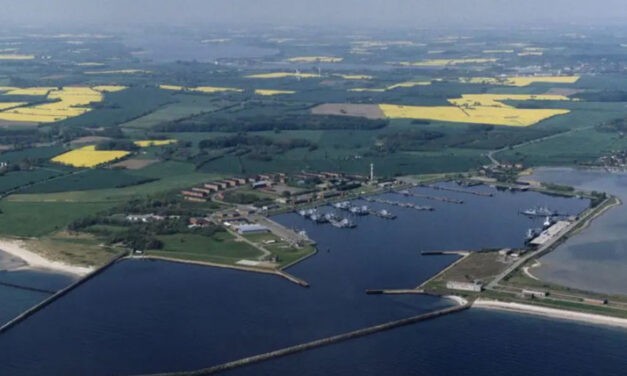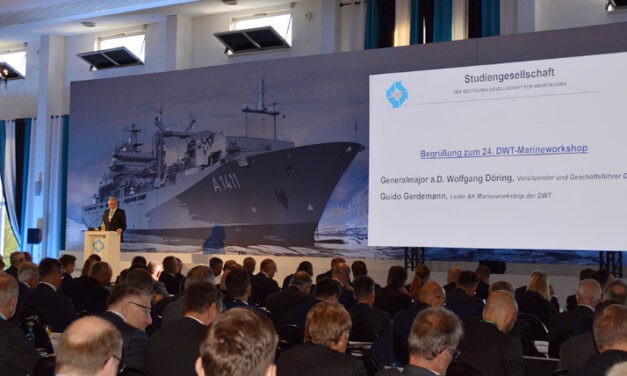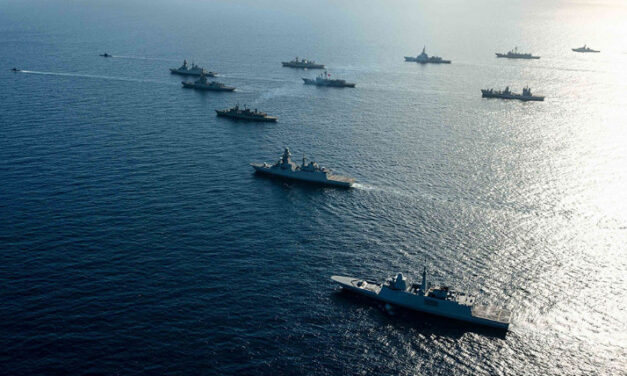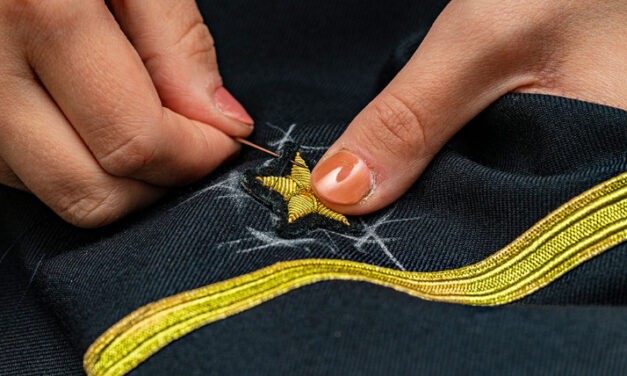Olpenitz - Your home harbour
Legend and memories - an appeal! With the development of the German Navy, suitable bases were needed whose location would support the defence of the Baltic Sea approaches. The choice fell on the Noor near Olpenitz, which was separated from the Schlei from 1959 to 1964 and given an entrance into the Baltic Sea. From 1966 to 2006, the harbour was a base for fast patrol boats and minesweepers. There were also workshops, a signalling station and flats in Ellenberg for the soldiers' families. At times, around 2000 soldiers and 450 civilians served here. The naval base, like the weapons school in Ellenberg, was a major economic factor for the region. While...
Weiterlesen






Recent Comments